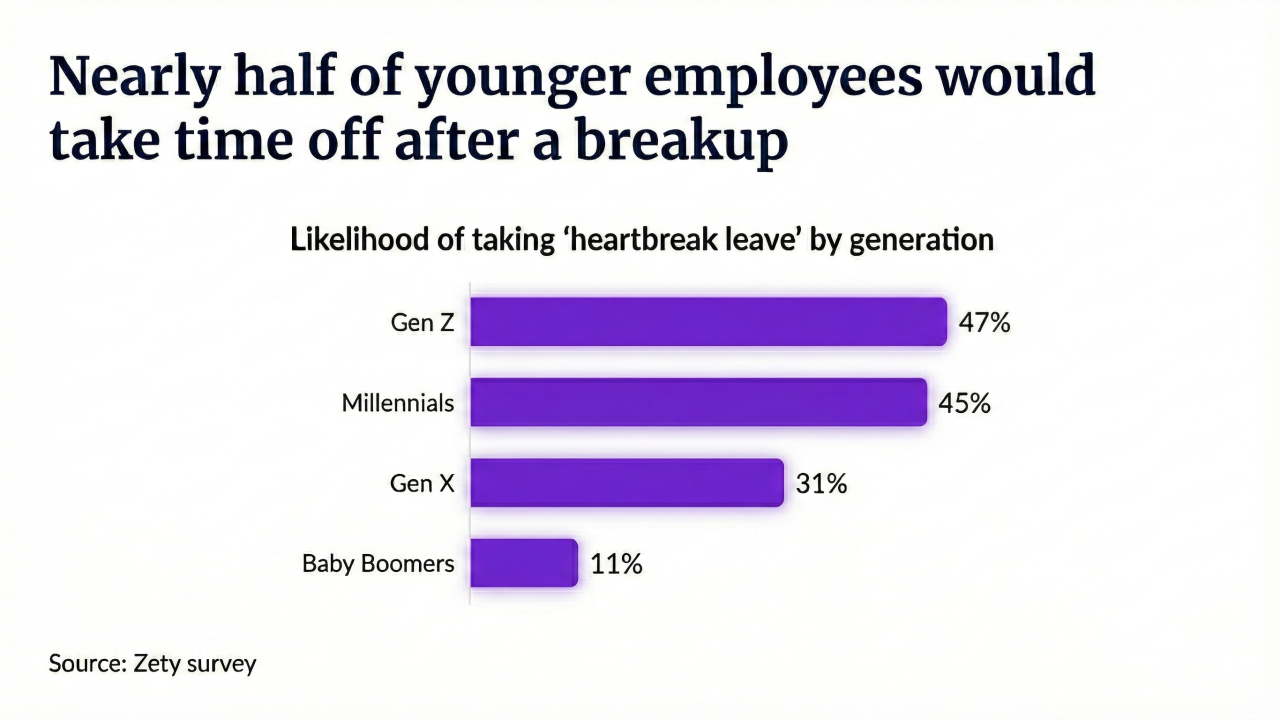The trio of federal agencies charged with interpreting and enforcing the Affordable Care Act and the Mental Health Parity and Addiction Equity Act have addressed some of the most significant questions arising from these laws.
In a set of Answers to Frequently Asked Questions, the U.S. Departments of Treasury, Labor, and Health and Human Services have intimated that the looming ACA deadline for the production and distribution of summaries of benefits and coverage will be extended. The FAQs also provide guidance on the qualitative requirements under MHPAEA.
Affordable Care Act
Under the ACA, plans and insurers are required to furnish participants with a very abbreviated summary of benefits and coverage. This summer, the departments issued proposed regulations on this requirement, and furnished templates for use in preparing the summaries. These rules and forms generated considerable discussion and many comments to the departments, including requests to extend the deadline for distributing the summaries, which the ACA set at March 23, 2012.
The new FAQs provide that plans and insurers will not be required to distribute the summaries until final regulations are issued. The departments expect the final regulations to give plans and insurers sufficient time to comply with the final rules after they are published.
The FAQs offer little information about when the final rules will be issued or how long plan sponsors and insurers will be given to meet those rules once they are finalized. Thus, while the FAQs offer welcome relief from the spring deadline, plans and insurers will need to be watchful for further guidance.
Mental Health Parity and Addiction Equity Act
In a series of FAQs, the departments provide guidance on the application of the non-quantitative rules of the MHPAEA. These rules supplement the MHPAEA’s quantitative tests on financial requirements (like co-payments) and treatment limitations (like limits on inpatient stays) with a more qualitative requirement for comparability between the policies and practices that apply to medical/surgical coverage and the policies and practices that apply to mental health/substance abuse coverage.
The FAQs clarify that:
A plan may not require preauthorization for the medical necessity of all mental health and substance abuse treatments where it does not impose that requirement on any medical or surgical treatments.
A plan may not, as a routine matter, approve significantly shorter stays for inpatient mental health and substance abuse treatment than it does for inpatient medical or surgical care, even if extensions of those stays are subject to review.
The rules will tolerate differences in decisions that are based on clinically appropriate standards.
The rules also will tolerate differences in requirements, such as which procedures and forms of treatment are subject to prior authorization, when those differences emerge from a documented examination of appropriate factors and relevant medical studies and standards.
Plan sponsors should be mindful of these non-quantitative rules not only with regard to plan design, but with regard to their own (and their vendor's) administrative practices.
Edward I. Leeds, Counsel, can be reached at 215.864.8419 or leeds@ballardspahr.com.





